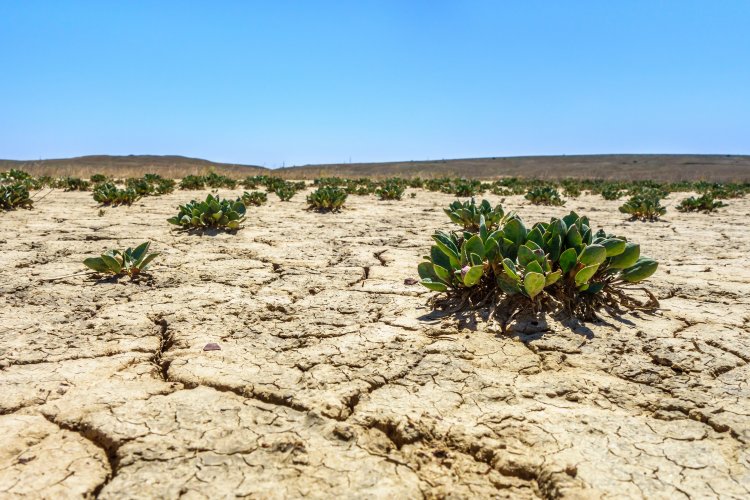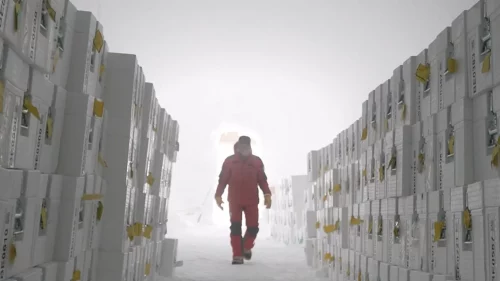Mohamed Nasr, co-organizer of the 2022 COP27 Climate Summit in Egypt, said that limiting global warming to 1.5°C is impossible to achieve at current levels of greenhouse gas emissions.
To do this, it is necessary to introduce critical tools, in particular technologies that are still under development, and funding that is blocked and not up to scale, reports EURACTIV.
Nasr stressed that the number of extreme climate events is increasing, and the temperature rise is only 1.1°C. Although the countries of the world agreed on a package of decisions at COP27 reaffirming their commitment to limit global temperature rise to 1.5°C, the work done is not enough. More effort is needed to reach the goal.
"Let's be very honest. Do we have the technology? No, it's still in development. Is there funding? No, it's being blocked and it's still not up to scale," he said.
The material noted that Nasr's concern echoes a UN report released in October 2022. The study found that the combined commitments of nearly 200 countries are leading the planet to warm by about 2.5°C above pre-industrial levels by the end of the century. Humanity is still nowhere close to the scale and pace of emissions cuts needed to limit warming to 1.5°C, according to UN experts.
Nasr added that despite a large gap in climate finance and the promises of rich countries not being met, there is still enough time to reach the 1.5°C target. This will require a change in mindset, in particular the understanding that it is necessary to secure financial flows, and not just repackage existing finance.
The material stressed that the agreement to create a climate change loss and damage fund at COP27 marked a turning point in international climate negotiations. However, despite calls for a phase-out of fossil fuels at COP27, concerns about energy prices and affordability have meant negotiating parties have been unable to introduce tougher measures to reduce reliance on oil and gas.
Nasr stressed that it is pointless to ask countries to reduce their use of fossil fuels without providing alternatives to replace them.
"We've talked a lot about phasing, phasing out, accelerating and all those good 'phasing', but we haven't moved from 'phasing' to looking at the factors contributing to this transition," he added.
Earlier, EcoPolitic wrote, that the participants of the COP27 Climate Summit agreed to strengthen the reduction of greenhouse gas emissions until 2026 and the creation of a Fund to finance losses and damage from climate change.
As EcoPolitic previously reported, global carbon emissions in 2022 rose to a new record high of more than 36.8 billion metric tons, according to the International Energy Agency (IEA). This brings the world to a dangerous level of global warming.





